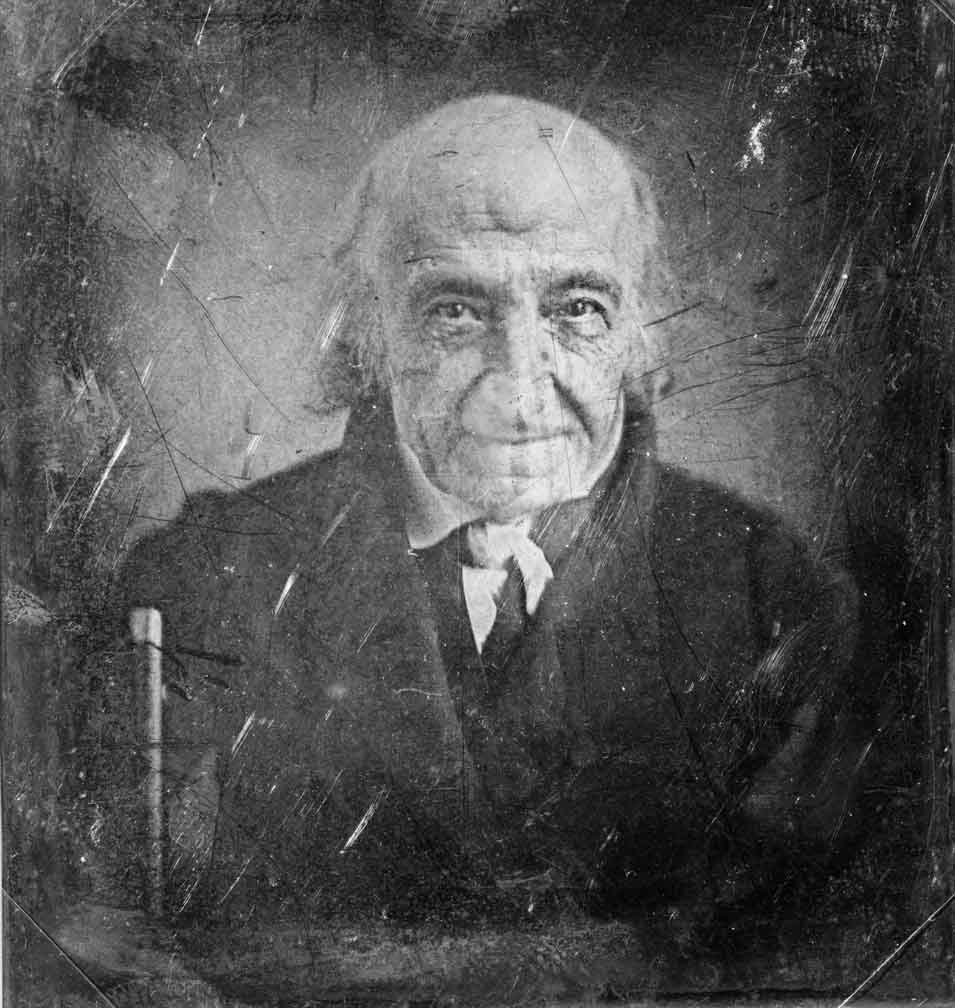Gallatin, Albert

Gallatin, Albert (1761-1849) Secretary of the Treasury: Albert Gallatin was born in Geneva, Switzerland, on January 29, 1761, to an ancient patrician family. His father died when young Gallatin was two years old, and his mother followed seven years later. Young Gallatin was placed in the care of a relative, from whom he received his early education. In 1773, he was sent to boarding school, entering the University of Geneva a year later. Gallatin graduated from the university in 1779, with first rank in mathematics, natural philosophy (precursor of physics) and Latin translation. The enlightenment philosopher and social critic Voltaire was a friend of Gallatin's grandmother, and Gallatin was influenced by the intellectually liberal climate in Europe. He gave up the opportunity to serve as a lieutenant colonel in the Hessian troops. Instead, he left Switzerland secretly in 1780, with a college friend, to move to America. After working with little success in trading around Boston and Maine, he served as a volunteer in the war effort. Gallatin began teaching French to support himself, he obtained a position teaching French at Harvard in 1782. After the Revolutionary War, he went to New York and Philadelphia to deliver letters to eminent Americans which he had received in Paris. While in Philadelphia, Gallatin made an investment which proved successful, so that he was able to move to Fayette County, Virginia (now part of Pennsylvania), where he opened a country store. In 1789, Gallatin entered public service as a member of the Pennsylvania Constitutional Convention, representing Republican views. In 1790, he was elected to the state legislature, and was re-elected twice. Although he was elected to the US Senate in 1793, he was declared ineligible after two months, since he had only been a citizen of the United States for eight years. In 1794, he helped bring about a peaceful settlement of the "Whiskey Rebellion." Gallatin returned to the State legislature, then served in the US Senate as a Republican. As a Senator, Gallatin promoted a system to establish the expenses of each government department in a permanent fashion, so that annual appropriations could be made. In addition, he suggested the establishment of the Committee of Ways and Means. In 1801, President Jefferson appointed him Secretary of the Treasury, a position he held until 1813. As Secretary of the Treasury, he succeeded in reducing the government debt, as well as taxes. After he left the Treasury Department, Gallatin became involved in the negotiations which led to the Treaty of Ghent, bringing the War of 1812 to a close. To reward him for this service, he was appointed Minister to France in 1815, where he helped John Quincy Adams prepare a commerce treaty with Britain, and helped William Eustis negotiate a treaty with the Netherlands in 1817. After several years of service abroad, Gallatin returned to the United States in 1823, refusing a cabinet position as Secretary of the Navy and a nomination for the vice-presidency. As President, John Quincy Adams appointed Gallatin Envoy Extraordinary to Great Britain. After returning to the United States, Gallatin became president of the National Bank of New York, and became involved with the movement which led to the establishment of New York University. When he retired, he remained involved in politics, writing papers and treatises on topical political and economic issues. He also explored his interest in literature and history. In 1842, Gallatin became a founder and the first president of the American Ethnological Society, and was elected president of the New York Historical Society in 1843. Gallatin died in Astoria, New York, on August 12, 1849.
